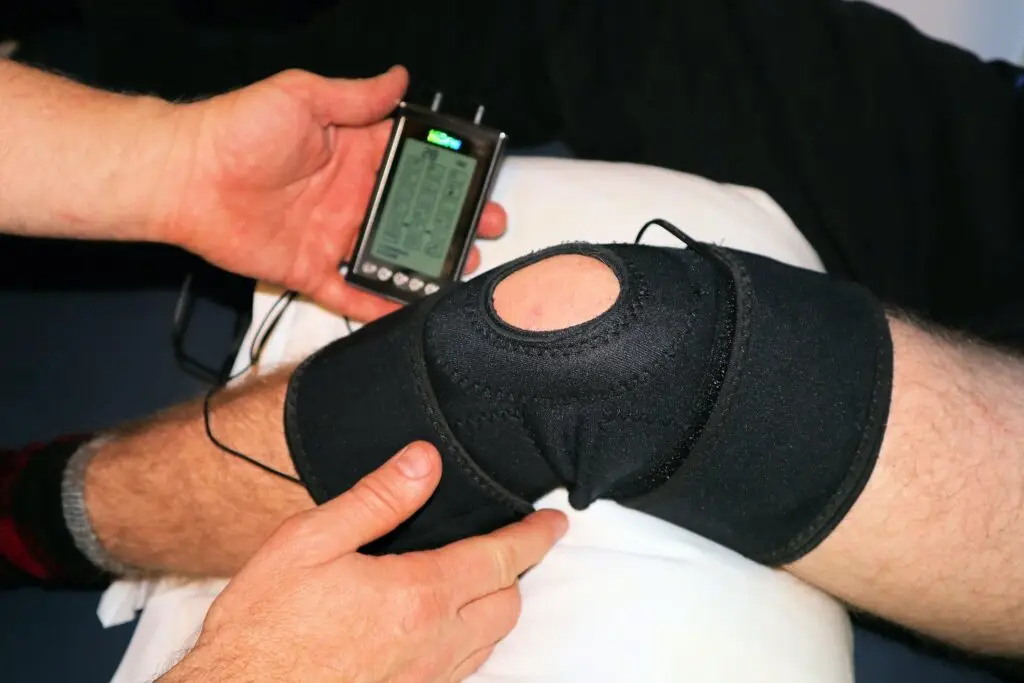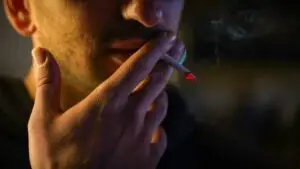A torn meniscus will cause localised pain to the side of the tear or when attempting to twist/rotate the knee, alongside swelling and stiffness. Additionally, feeling like the knee is locked, with difficulty straightening the leg as well as wanting to give way are often common.
Immediate treatment should be the use of the RICE method – rest, ice, compression, elevation should be followed for the first 48-72 hours in order to reduce swelling and pain to the joint. The no HARM protocol should also be applied – no heat, no alcohol, no running or activity, and no massage. You should then seek further medical advice and have your knee examined to confirm the diagnosis and recommend best practice treatment, whether that be conservative management through physiotherapy, or surgical intervention.


The main goal after a meniscal tear is to return to normal function. This can include everyday activities, hobbies, work or sports.
The research shows a couple of good indicators for Physiotherapy/Conservative Management:
- No locking
- No giving way
Even though there may be pain present, this more often than not reduces with time, strength training and physiotherapy. Our team of physiotherapists at Agape Physio will be able to thoroughly assess the knee to determine what is occurring, create a treatment plan which shows you exactly what you should expect in your rehab and will be able to help you achieve your milestones through treatment as well as your rehab.
Don’t hesitate to reach out if you’re seeking answers and want to hear all your options, it’s all about finding the right fit of tools that works for you. You can speak to our friendly reception team and book an appointment with our physios.
Sports Medicine Australia. (2022). Meniscus Injury. Retrieved from: https://sma.org.au/resources-advice/injury-fact-sheets/meniscus-injury/
Mayo Clinic. (2022). Torn Meniscus. Retrieved from: https://www.mayoclinic.org/diseases-conditions/torn-meniscus/symptoms-causes/syc-20354818
John Hopkins Medicine (2023). Torn Meniscus. Retrieved from: https://www.hopkinsmedicine.org/health/conditions-and-diseases/torn-meniscus





